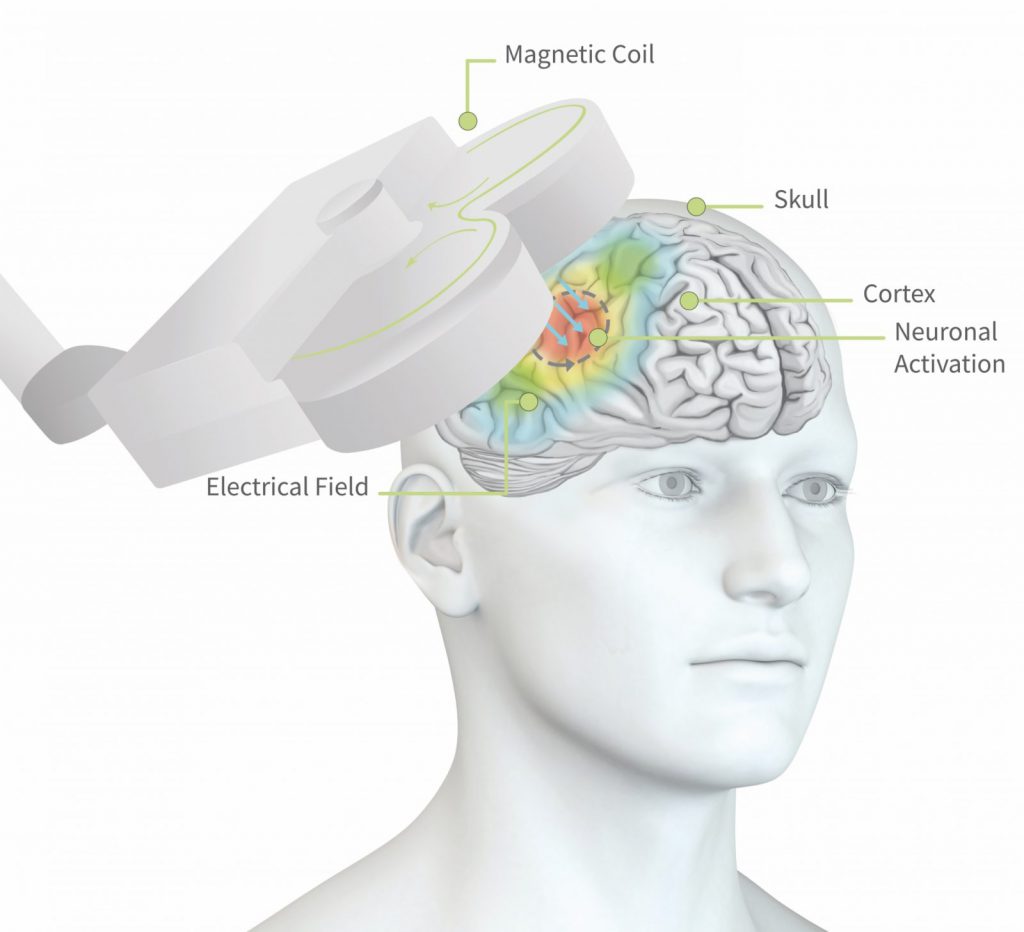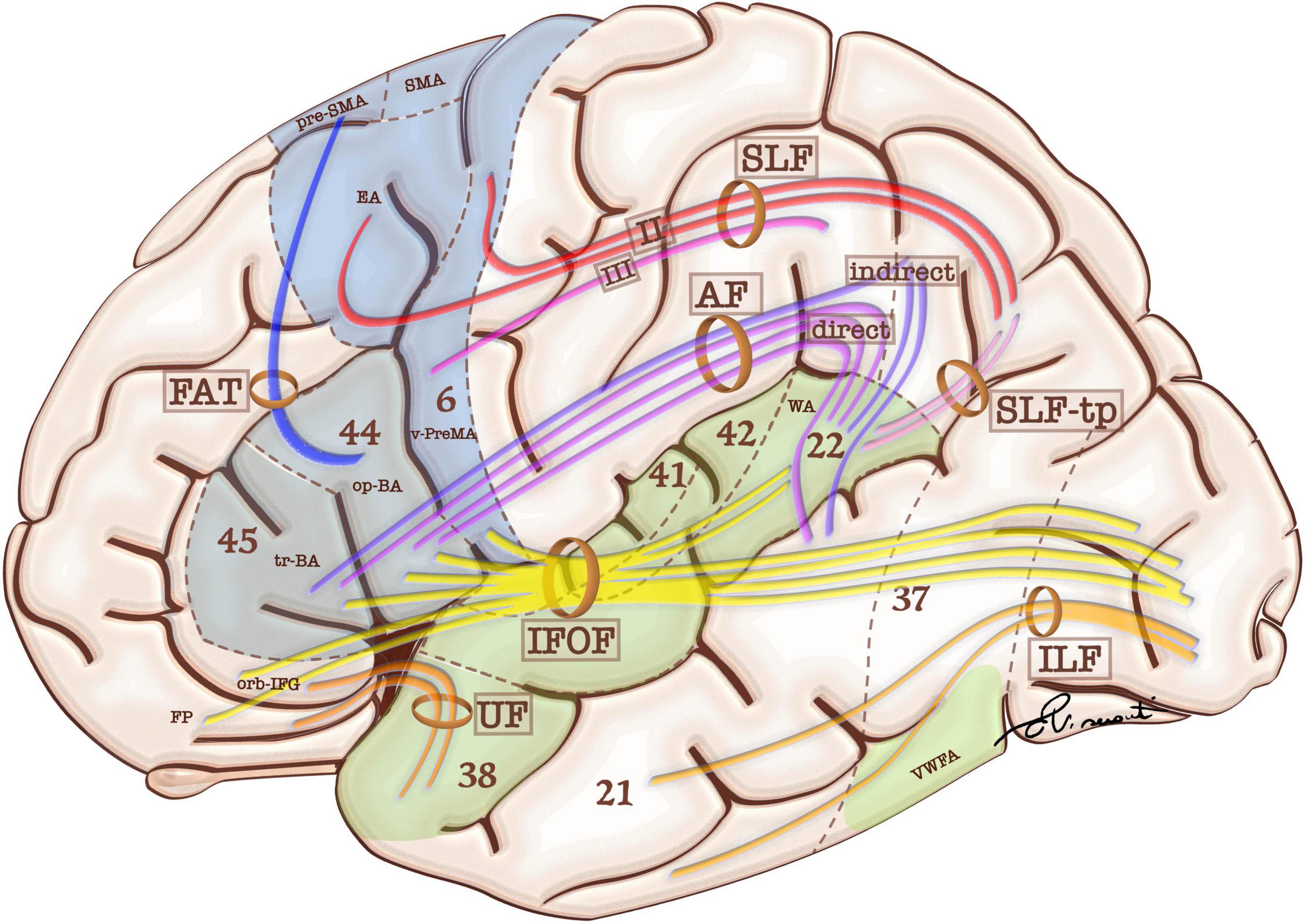
In the second quarter of the 20th century, the concept of a function as a goal-dependent entity appeared in the form of theory of movements ( 7) and theory of functional systems ( 8), both viewing a function as a non-rigid goal-dependent entity. Penfield performed the first cortical cartography in humans and published an iconic description of sensory and motor homunculi ( 6). A prime example of a confrontation at the micro-scale at the same time was the debate of Golgi and Cajal regarding the essence of a neuron ( 5). In the beginning of the 20th century, a paradigm shift occurred toward gestalt psychology, which changed the trend of research at the macro-scale level towards a more holistic view ( 2). Jackson at the end of 19th century who wrote that “localization of a symptom is not localization of a function” ( 4).

A first revision of the term “function” by a clinician and a step away from hardwired localism was performed by the neurologists J. History of Opposition of Modular Versus Holistic Conceptions of Brain OrganizationĪ somewhat artificial opposition of “modular” and “holistic” organization of the brain has been evident in neuroscience from 18th century, and started mostly as a disagreement between physiologists working on animals and clinicians studying brain lesions in humans ( 1– 3). We will try to describe the difficulties of modern brain mapping primarily by looking at one of the currently best-studied functions – motor function. This problem is evident for experts in the field, but not always sufficiently so for early career researches. In this opinion paper we want to raise a question – what is meant nowadays by brain mapping? In addition, we want to highlight the necessity of being aware of occasionally occurring discontinuity in the research at different methodological scales.

The debate in favor of one or another view can still be traced at all methodological levels – from the cell to the system.

There are two opposite paradigms relating to the problem: “modularism,” also known as “localism,” versus “holism,” which have been discussed for a long time ( 1, 2). The problem of function localization in the brain is one of the most fundamental in neuroscience.


 0 kommentar(er)
0 kommentar(er)
